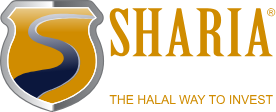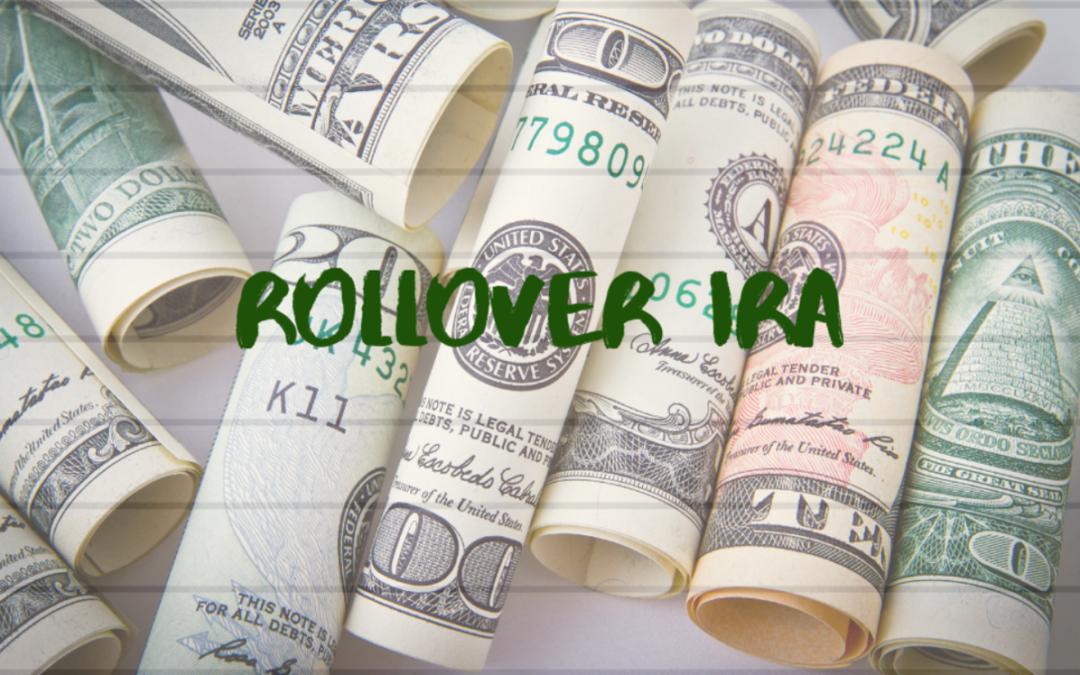If you’re switching jobs or are about to retire, congratulations on this exciting life change! You probably have a number of loose ends to tie up, but there is one decision you should keep at the top of your to-do list: if you invested in your former employer’s tax-exempt retirement plan, what will you now do with those funds?
Most companies do not allow you to move money out of their retirement plans while you are still employed at that organization. But once you are no longer working there, the rules change to allow you to withdraw your funds. Although you can certainly choose to leave the money in your former employer’s retirement plan, what too often happens is that people simply cash out their account.
As a result, the money that was to be used for retirement becomes subject to federal taxes, state taxes, and, if you’re under 59 ½ years old, a possible 10 percent early distribution penalty. Of course, you also lose the ability to benefit from the future growth of the money you take out.
You can, however, move funds out of a former employer’s retirement plan while avoiding taxes by making use of what is often called a rollover IRA. This enables you to take money from an old 401(k) or 403(b) plan and roll it into an individual retirement account (IRA), of either the Roth or traditional variety — we’ll cover what that distinction means below. Additionally, rollover IRAs typically offer lower investment fees and better investing options than 401(k) plans.
Applying Islam’s Socially Responsible Values
For a practicing Muslim, another important consideration is to make sure that any new IRA is compliant with the ethical principles of Halal investing. You’ll want to find an IRA provider that not only can build a well-diversified portfolio but one that also aligns with your faith-based values.
When building portfolios, Halal asset managers apply a socially responsible screen to business activities and only accept companies that receive less than 5% of their total income from non-compliant income sources. These include:
- Alcohol
- Gambling
- Weapons
- Tobacco
- Adult entertainment
- Pork products
- Interest-based businesses
- Music, cinema or broadcasting
- Highly leveraged businesses
Additionally, only stocks and Islamic ETFs are eligible for consideration in a Sharia-compliant IRA portfolio. Preferred shares are considered to be non-compliant.
How to Set Up a Rollover IRA – and One Pitfall to Avoid
Because of the tax benefits associated with IRAs, the IRS has strict regulations for how you move money from a former employer’s retirement plan. Here are five tips that will help you understand the benefits of opening an IRA, while avoiding the penalties for doing it incorrectly.
- First, don’t do this – You don’t want your former employer’s 401(k) provider to write a check in your name, and you don’t want to cash out your balance. In both scenarios, you’re at risk of owing a significant portion of your balance to the IRS in taxes and penalties. To avoid this, make sure the 401(k) provider makes a direct rollover to your new IRA.
- Sixty days is the cut-off to remember – If you do not properly request a rollover, your distribution will be subject to a mandatory 20 percent withholding tax. You’ll still have 60 days to deposit the full amount of your original 401(k) account value and avoid a taxable distribution. However, if you had the money inadvertently withheld, you will have to come up with the amount withheld to complete the rollover.
- Decide between a traditional IRA or a Roth IRA – If you roll over your funds into a traditional IRA, you defer paying taxes on that money until you withdraw the money. Since any withdrawals will likely be made only in retirement, when your income will presumably be reduced, your tax rate may be lower. With a Roth IRA, you will pay taxes on the rolled funds, but you won’t owe any taxes when you withdraw that money later on.
- Choose your IRA provider – If you prefer to be hands-off with your investments, you may want to consider an automated robo advisor to create a well-diversified portfolio that runs largely on its own. If you have significant assets to invest and want comprehensive wealth management services, look for a financial advisor that will create customized solutions tailored to your needs and goals.
- Sooner or later, you will have to pay taxes – You cannot keep retirement funds in your account indefinitely. You generally have to start taking withdrawals from your traditional IRA when you reach age 70, and your withdrawals will be included in your taxable income at that time. Roth IRAs do not require withdrawals until after the death of the owner and any withdrawals can generally be received tax-free.
If you would like to find out more about making a Halal IRA rollover, please contact one of our wealth management experts at (321) 275-5125 or info@shariaportfolio.com.

